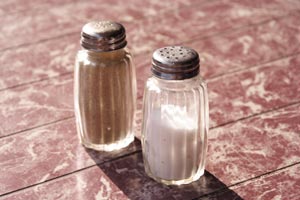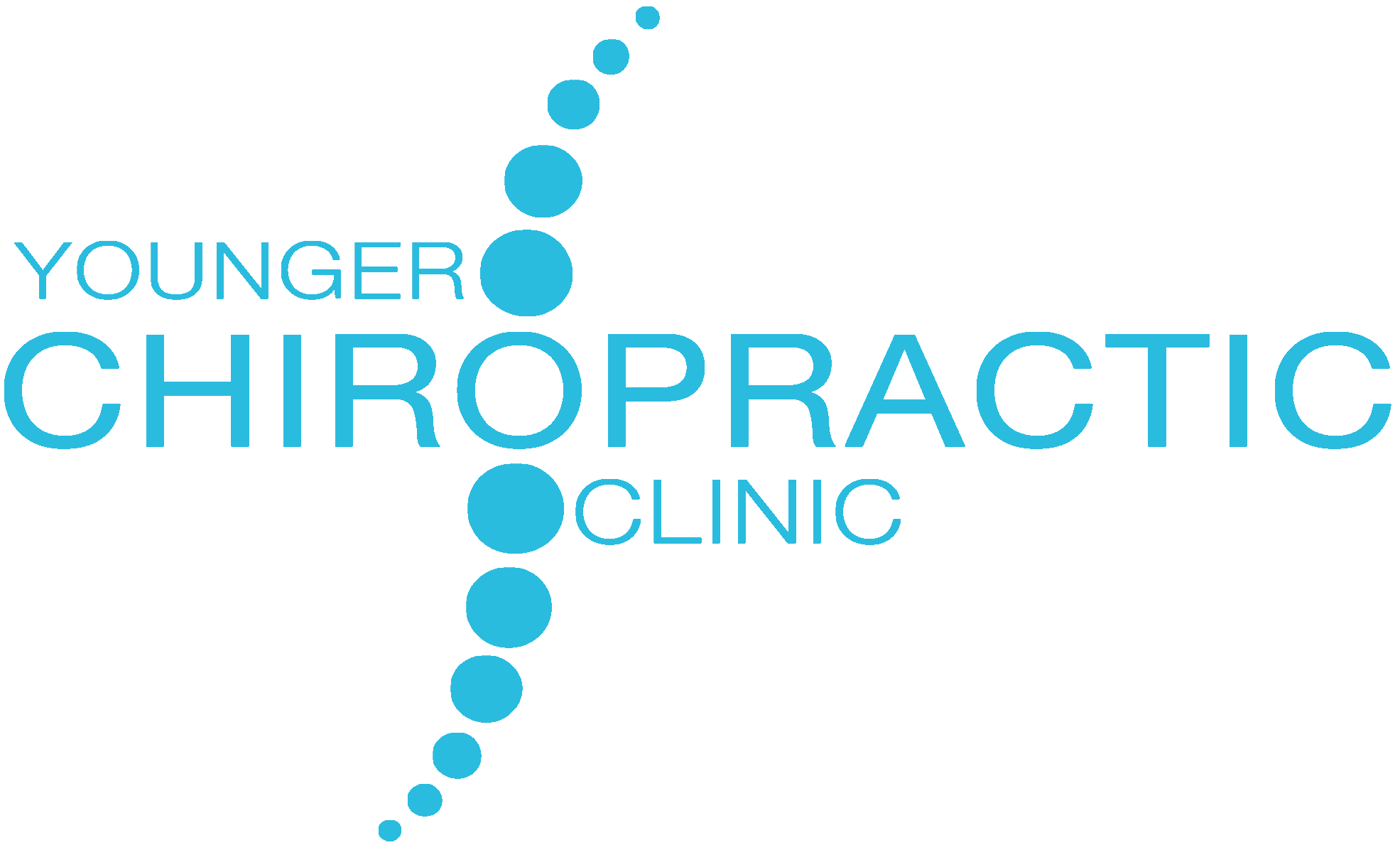 Most teens come home from school starving, throwing down their backpacks and reaching for anything convenient and tasty, without considering things like sodium or sugar. They’re young and relatively healthy, so what harm could a few chip or crackers do? A lot, according to new research.
Most teens come home from school starving, throwing down their backpacks and reaching for anything convenient and tasty, without considering things like sodium or sugar. They’re young and relatively healthy, so what harm could a few chip or crackers do? A lot, according to new research.
Salty snacks don’t just contribute to weight gain in kids, they may accelerate aging, suggests the results from recent research presented at the American Heart Association’s Epidemiology & Prevention/Nutrition, Physical Activity and Metabolism Scientific Sessions 2014.
The study tied high sodium intake in obese teens to faster aging at cellular level.Researchers specifically examined protective ends of chromosomes, called telomers, which shorten with age. Studies have shown that physical inactivity, smoking, and a high body fat percentage can also cause the telemores to shorten. This is the first study however to link sodium intake to shortened telomores.
In the study, 766 adolescents between 14-18 years old were divided into groups based on sodium intake. The lower group consumed an average of 2,388 mg of sodium per day–far more than the 1,500 mg per day recommended by the American Heart Association. The higher sodium group had an average of 4,142 mg per day.
Obese teens with high sodium intakes had telomere lengths that were significantly shorter than their peers. However normal weight teens with high sodium intake did not have significantly different telemore lengths. The researchers suggested that sodium intake and obesity may act “synergistically” to hasten cellular aging.
“The majority of sodium in the diet comes from processed foods, so parents can help by cooking fresh meals more often and by offering fresh fruit rather than potato chips for a snack,” said Dr. Haidong Zhu, lead author of the study and assistant pediatric professor at Medical College of Georgia.
Simply stashing away the salt shaker isn’t enough. The most common culprits of high-sodium foods include restaurant foods, cold cuts, cured meats, pizza, poultry, prepared soups and sandwiches, and many packaged foods. Chiropractors trained in nutrition can assist parents and their teens looking for ways to decrease their sodium intake, prevent obesity, and maximize their overall health.
Reference
McNamee David. Obese teens with a high salt intake “at risk of accelerated aging.” Medical News Today. March 21, 2014.
https://www.medicalnewstoday.com/articles/274381.php

